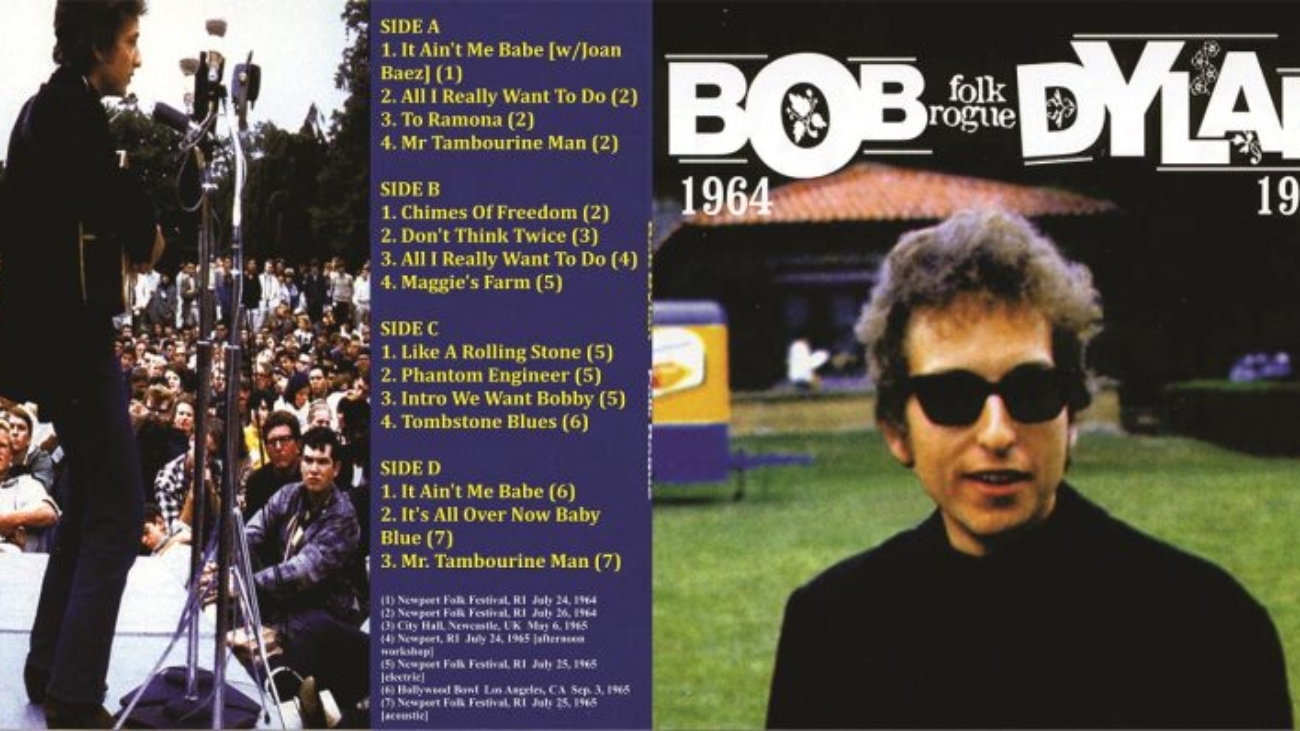The moment Bob Dylan first plugged in his guitar at the Newport Folk Festival is more than a historical anecdote; it’s a cultural ground zero. This seismic event, often discussed and featured on the All Things Considered Live radio show, represents the ultimate act of artistic defiance and the birth of a new musical genre. We dive deep into the legendary bootleg collection, Bob Dylan – Folk Rogue 1964 – 1965 Two Newport Folk Festival, to explore how these two pivotal performances cemented Dylan’s status as the most disruptive force of the 1960s.
The Show That Defined a Movement: All Things Considered Live
The All Things Considered Live Radio Show is the pulse of NPR-driven musical exploration. This weekly program brings an insider’s view to the vibrant world of live music, featuring exclusive live performances and essential musical highlights recorded by NPR Music. At its core, the show champions the transformative power of the live experience, covering iconic venues and festivals across the country, including the Newport Folk Festival, SXSW (South by Southwest), the 9:30 Club, and many more. The raw energy and historical weight of performances like Dylan’s electric set make it a perennial feature on the program.
Folk Rogue: A Soundboard Chronicle of Transformation
The collection known as Folk Rogue 1964 – 1965 Two Newport Folk Festival is not an official album, but its bootleg status has made it an essential artifact for historians and fans. Sourced directly from the soundboard, the recordings offer a pristine documentation of Dylan’s chameleonic shift, capturing the clarity and intensity that defined his two critical appearances at Newport. This dual-year chronicle is invaluable, preserving the sound quality and historical detail of a singular artistic transition.
1964: The Acoustic Coronation
The 1964 Newport performance captured Dylan at the zenith of his folk icon status. As the festival’s headliner, he delivered an acoustic set that solidified his role as a generation’s lyrical conscience. The bootleg preserves the brilliance of compositions like “Mr. Tambourine Man” and “Chimes of Freedom,” showcasing the poetic depth that resonated with the purist folk audience and set the stage for the dramatic break that was to come.
1965: The Electric Revolution and the Birth of the JamFest
The 1965 set is the legendary focus of the collection, often cited as the night Dylan “went electric.” Backed by a high-voltage blues band, Dylan’s amplified rock sound was met with a chorus of boos from a traditionalist audience that felt profoundly betrayed. This polarizing, three-song mini-set was less about musicianship and more about a declaration of independence.
The subsequent roar of protest, fueled by the sheer volume and the emotional shock of his shift, instantly transformed the venue. This was no longer a reserved folk concert; it became the volatile proving ground for the JamFest aesthetic—a moment where genre lines dissolved under the pressure of electric sound and artistic freedom. This spontaneous collision of sound and culture marks a pivotal moment in the folk-rock movement.
More Than Music: Artistic Defiance and Cultural Shift
The decision to plug in was more than a stylistic choice; it was a potent act of artistic defiance. It represented Dylan’s refusal to be confined by the expectations of his fanbase, establishing a powerful precedent for self-direction in the music world. By merging folk’s lyrical sensibilities with rock’s electric energy, the performance didn’t just catalyze the folk-rock genre—it became a reflection of the tumultuous cultural shifts happening in 1960s America.
The Folk Rogue bootleg also features compelling bonus tracks, including additional live recordings from Newcastle, U.K., and a show at the Hollywood Bowl with Levon Helm and Robbie Robertson, further enriching the collection with rare material documenting this electric evolution.
While the primary source remains within the bootleg market (found via unofficial channels, specialized forums, and import labels), the historical weight has pushed portions of this material into the official realm. Documentary footage appears in PBS’s Bob Dylan – Live in Newport 1963-1965, and select tracks are officially released on collections such as The Bootleg Series Vol. 7: No Direction Home: The Soundtrack.
This is why, decades later, All Things Considered Live continues to revisit the story: it is the perfect example of how a single live performance can change the course of music history.
